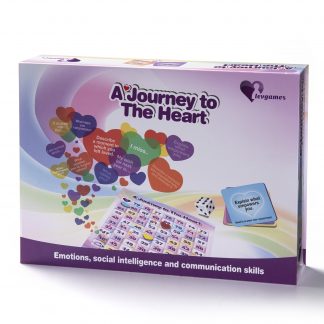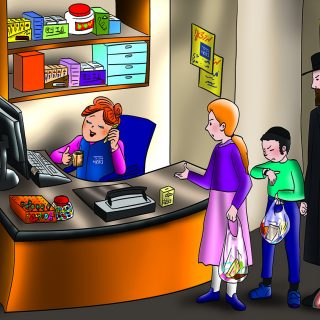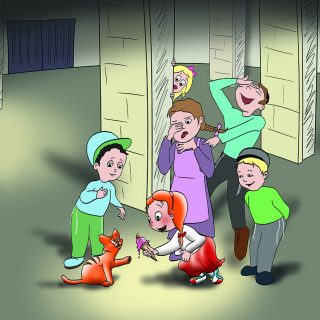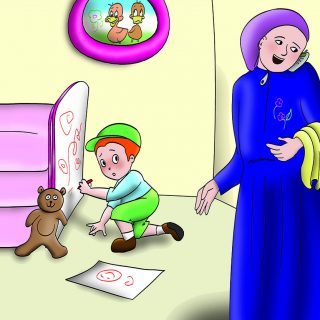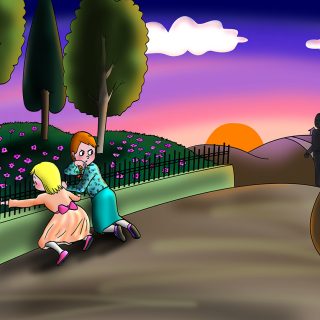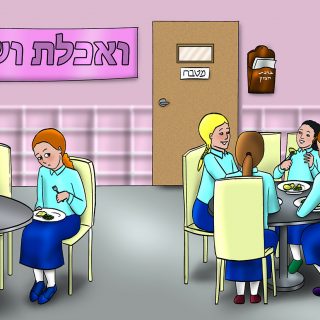Skills for connection – a social skills booklet
Skills for connection – a social skills booklet is a rich, high-quality and unique booklet for learning and practicing social skills. Every person has an innate inner need to form social bonds and belong to society. Proper social skills are important skills that aim to satisfy this need and succeed in integrating into society. Beyond that, in order to create a normal, supportive and constructive society, each individual must adapt to the ability to listen to others, identify with them and read the social map correctly.
Social skills allow us to understand, interpret and predict the behavior of others. This is the basis for creating a normal social relationship, which helps us to be an integral part of society. The ability to read the intentions, thoughts, feelings and desires of others is especially essential and brings empathy, sincere friendship, giving and mutual tolerance. This is basically the basis for a relationship between a person and his friend. The ability to “get into the shoes of others” allows for trust, keeping a secret and proper interpersonal communication.
Theory of mind
The ability to behave according to social norms is acquired in part through exposure and imitation, but also through various mechanisms such as mirror neurons and a developmental system called Mind Theory (ToM), which is based on the ability to understand that others may have different feelings or thoughts of my own. Mind theory is a complex function that includes memory, reciprocity, recognizing components such as gaze recognition and understanding facial expressions, language, and managerial functions. The development of mind theory is a key milestone in the development of emotional-social understanding in children.
The development of social skills and competencies depends on the maturity of different cognitive systems and is shaped by parenting, environment, culture and education. This process is influenced by the connection between brain development and the social environment. Mind theory usually develops intuitively and without intentional learning, but at the same time, similar to the development of language sorting, environmental factors influence its development.
Skills for connection – a social skills booklet is divided into three parts:
Part A focuses on developing the child’s own feelings. Before a child learns to understand others, he must understand and recognize what he feels himself.
Part B teaches the child to appreciate how someone else feels, to know how to get into the other person’s head if there is a change in the situation? Each drawing is accompanied by guiding questions, but of course it is possible and desirable to extend beyond these questions, as required.
Part C deals with the effects of bullying, an unfortunate phenomenon of systematic harassment. In every society there are cases of violence, physical or verbal: when violent behavior repeats itself, and is done intentionally first and while exploiting a balance of power between the bully and the victim, it is defined as bullying.
Skills for connection – a social skills booklet was developed by Rebecca Tucker. Games for social skills can be found at this link.

